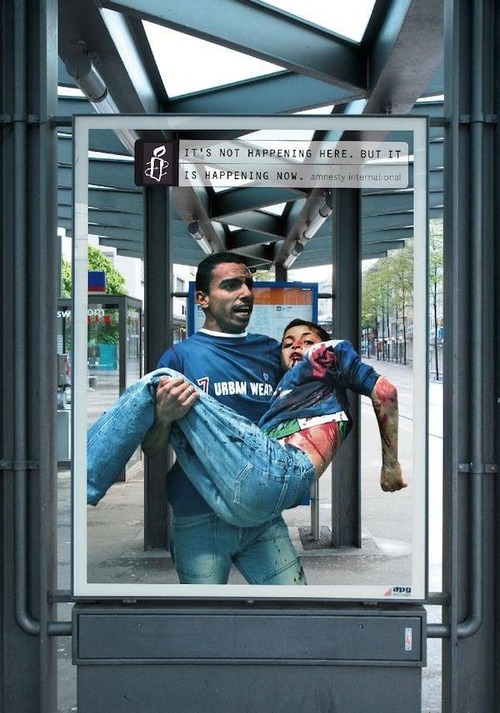Marking World Internet Day under a dark cloud of snooping
Tuesday, October 29th, 2013 by Lenard KamwendoThe 29th of October is celebrated the world over as International Internet Day and today Zimbabwe joins the rest of the world in commemorations. The sharing of information is now just a click of a button away. A conversation, which used to cost a couple of dollars to make, can now be made with a few cents. The Internet has brought communities closer closing on the gaps created by physical barriers of distance.
The first Internet message was sent in 1969 by Professor Leonard Kleinrock from a computer laboratory at University of California in Los Angeles and from there the world witnessed the invention of electronic mail by Ray Tomlinson in late 1971.
According to Internet World Stats, Africa has 167,335,676 Internet users complemented by a 15.6% penetration rate. Despite the challenges of exorbitant Internet costs and the unavailability of infrastructure in most African countries, Zimbabwe has experienced a huge leap in internet usage from 50,000 users in 2000 to around 1,981,277 internet users in 2012.
As the Internet continues to grow so is the government’s interest in monitoring and eavesdropping on citizens. The Internet is used to perpetrate human right abuses under the guise of the protection of national security. A report by Freedom House notes that internet freedom worldwide is on the decline, with 34 out of 60 countries assessed in the report experiencing a negative trajectory. Growing arrests of social media users and the control of web content can be attributed to the sharp decline in internet freedom in the past year and Zimbabwe is among such countries where the state continues to have the authority to monitor and intercept ICT communications at will.











